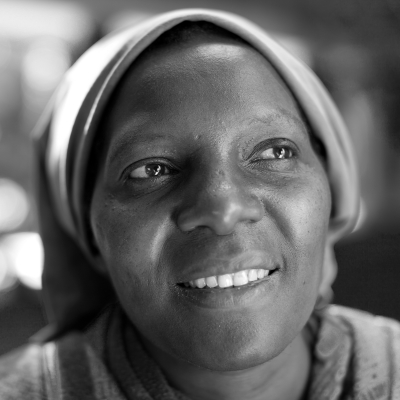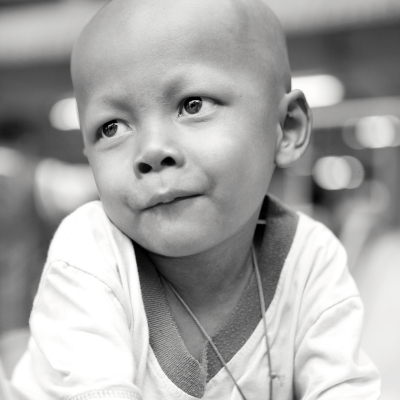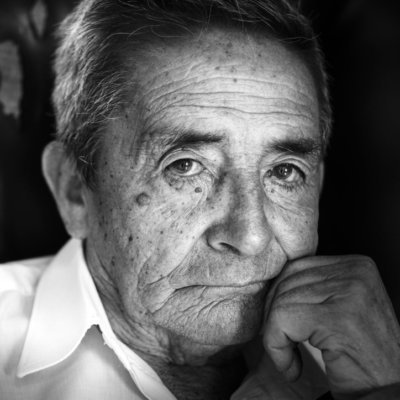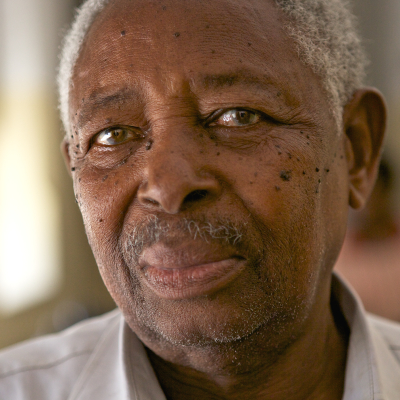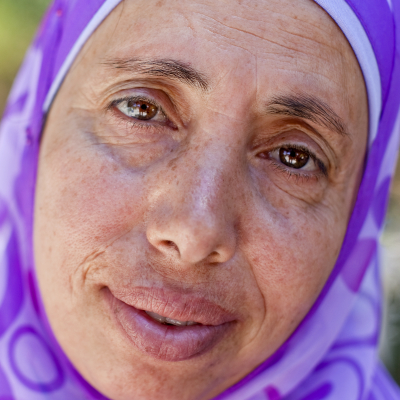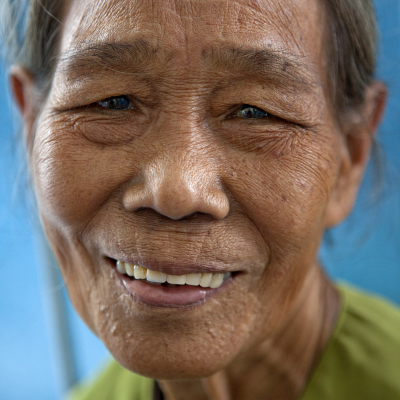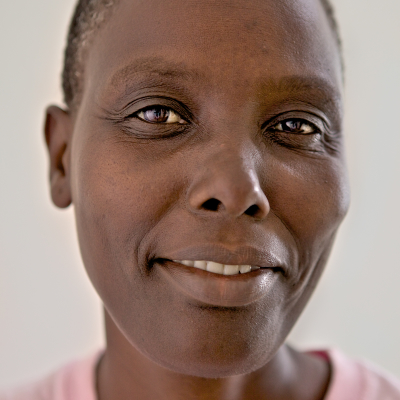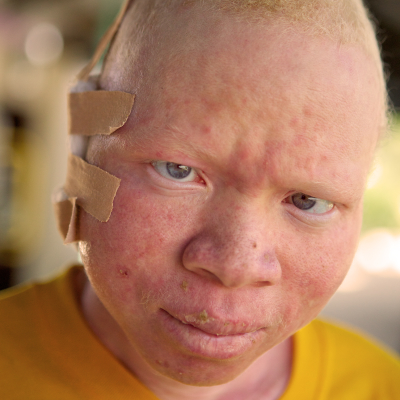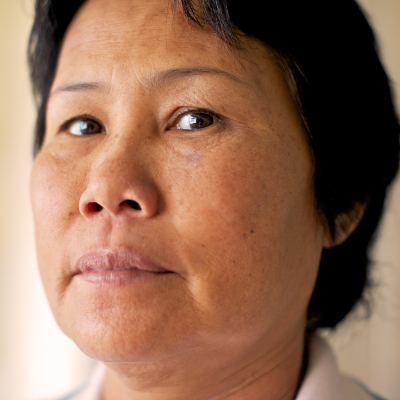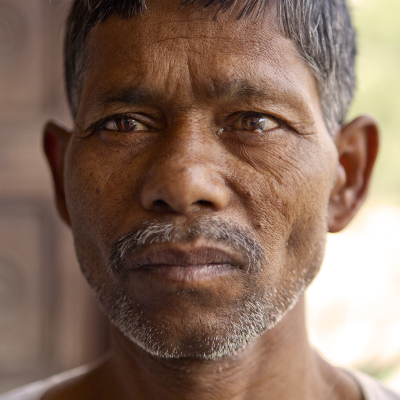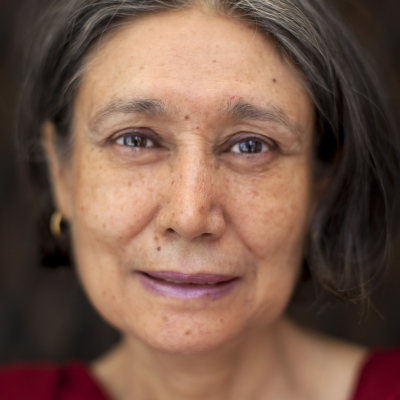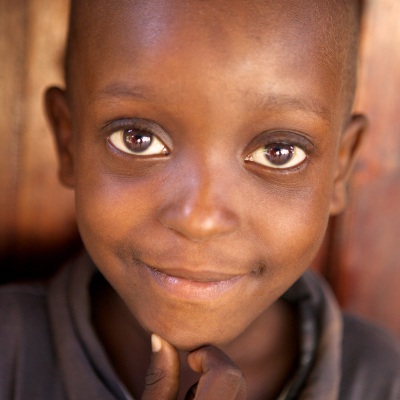Mission
Global Focus on Cancer (GFC) is dedicated to raising awareness, providing support, and creating a global network for individuals diagnosed with cancer, their caregivers, and healthcare professionals. Our mission is to reduce stigma, promote early detection, and improve access to essential cancer information worldwide, particularly in low- and middle-income countries (LMICs).
What We Do
Founded in 2011, GFC is a US-based 501(c)(3) nonprofit organization working to reduce the global burden of cancer. We achieve this by developing, implementing, and sustaining cancer awareness and education programs, as well as fostering the creation of locally sustainable cancer support groups in areas with limited access to cancer-related information. Our efforts focus on empowering local communities with the resources they need to better understand, prevent, and treat cancer.
Principles
At GFC, cancer patients and their care partners are at the heart of all our programs. We ensure that our initiatives are evidence-based, culturally relevant, and designed to meet the unique needs of local populations. Our programs are developed in collaboration with local partners, aligned with national health strategies, and integrated into existing healthcare systems. Our vision is a world where all people have access to safe, timely, affordable, and high-quality healthcare that is coordinated around their needs and respects their preferences.
Where the Need is the Greatest
Cancer is a growing global challenge, with over 18 million new diagnoses each year—expected to rise to 29.4 million by 2040. Despite advances in treatment, cancer-related deaths exceed 12 million annually, more than the combined deaths from AIDS, tuberculosis, and malaria. Over 60% of cancers occur in LMICs, yet these regions receive just 5% of global cancer resources. In many low-resource settings, cancer treatment is unavailable, and patients often present at late stages, when treatment is less effective. Additionally, cancer awareness is limited, and patients often see cancer as a death sentence rather than a treatable condition. Increasing cancer literacy and addressing psychosocial support are critical elements for improving outcomes in these regions.
How We Work
GFC collaborates with local organizations to connect them with global cancer resources, adapting existing successful cancer awareness and educational programs to local contexts. By working with doctors, hospitals, and international cancer organizations, we distribute culturally appropriate materials and host awareness seminars. We also help create and expand cancer support programs tailored to each country’s resources.
Our approach focuses on four key pillars:
Awareness/Education:
We develop and implement evidence-based, culturally relevant cancer awareness and educational programs.
Support:
We create or expand cancer support groups, adapting successful models to fit local cultures and available resources.
Advocacy:
We build partnerships with local advocacy groups, clinicians, and NGOs to advocate for patient-centered policy changes at all levels.
Networking:
We leverage global relationships to help clinicians, hospitals, and organizations expand their networks, share best practices, and strengthen cancer care in their regions.
Through these efforts, GFC strives to create lasting change and improve the lives of those affected by cancer around the world.

